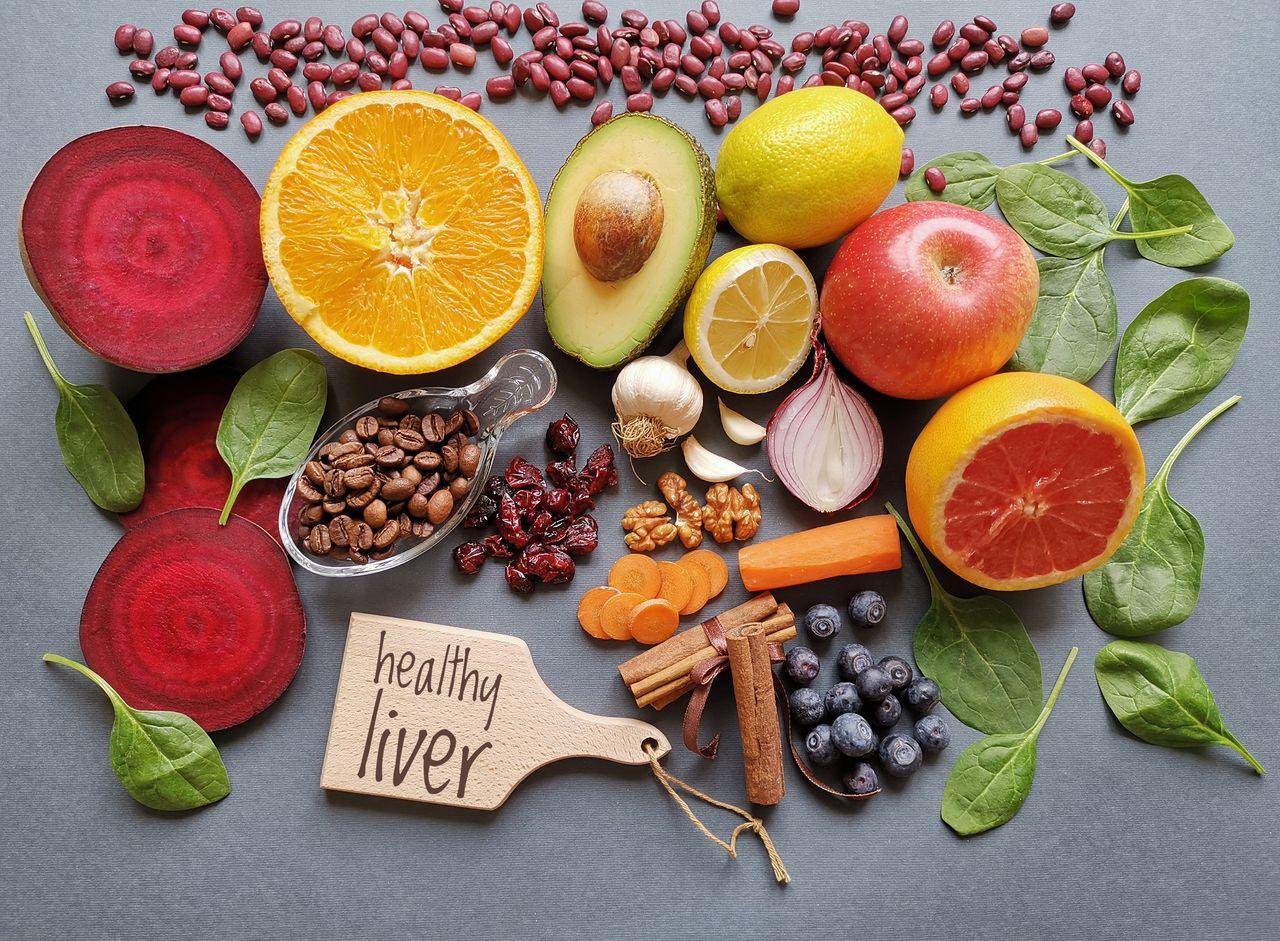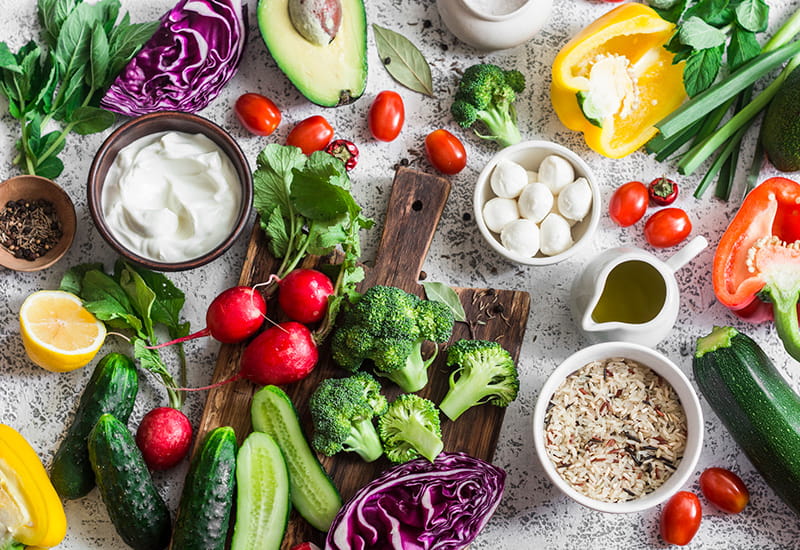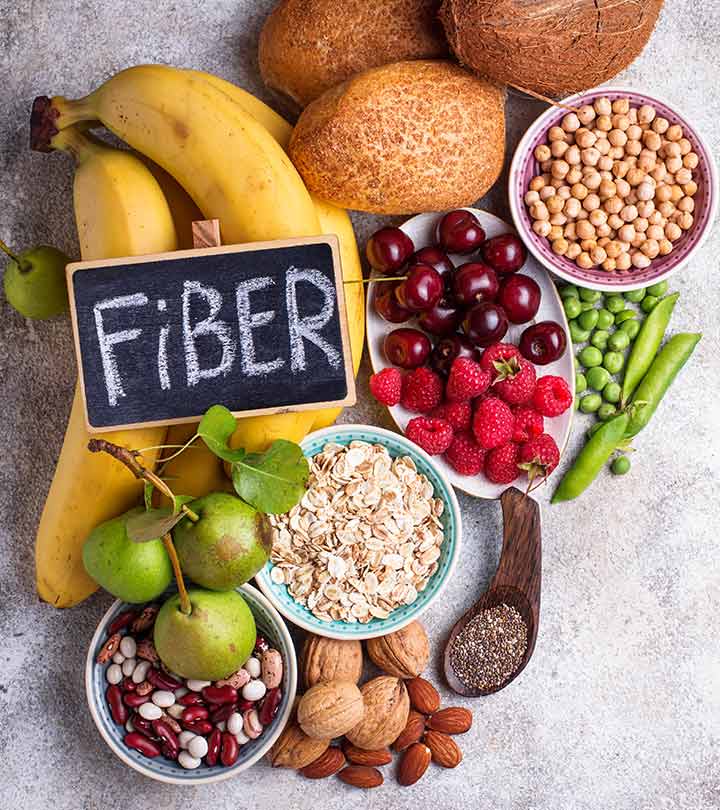Beets Benefits for Health
The most powerful health benefits of beets include its ability to lower blood pressure, prevent cancer, cleanse the liver, treat anemia, increase stamina, and boost libido. They also prevent macular degeneration, improve blood circulation, aid in skin care, prevent cataract, build immunity, and treat respiratory problems. These benefits of beetroots can be attributed to their richness in nutrients, vitamins, and minerals.
What are Beets?
Beets or beetroots, as they are often called, belong to the Chenopodiaceae family. Beetroots are one of the varieties of the Beta vulgaris species. They are frequently added as an ingredient to salads, soups, and pickles and are also used as a natural coloring agent. Even though beets are available throughout the year and can be eaten every day, they are still considered seasonal vegetables.
Beet lovers think of the taste as earthy; however, there are several people who avoid the root vegetables as they think beets taste like dirt. Besides their use as an actual food item, beets are valuable as a source of sucrose, which makes them a viable replacement for tropical sugar cane. They are frequently used to make refined sugar.
The history of beets stretches back to ancient times, and the earliest signs of their cultivation were approximately 4,000 years ago in the Mediterranean region. They have long been associated with sexuality and have been used as an aphrodisiac for thousands of years.
Beets Nutrition
Beets are highly nutritious root vegetables that are a great source of vitamins and minerals such as folate, manganese, iron, vitamin C, vitamin B-complex, copper, and potassium. Rich in antioxidants, beets get their deep color from the betalain pigment, which has potent anti-inflammatory properties. They are also abundant in phytochemical compounds such as anthocyanins, carotenoids, lutein/zeaxanthin, glycine, and betaine. A great source of dietary fiber, they are low in fat, cholesterol, and calories; 1 cup (136 g) of raw beetroot contains 59 calories. However, beets have the highest sugar content of all vegetables and are relatively high in carbohydrates.
Health Benefits of Beets
The most popular health benefits of beets include the following:

Here are some beets benefits for health :
Prevent Cancer
Studies have revealed that beets are good at preventing skin, lung, and colon cancersince they contain the pigment betacyanins, which counteracts cancerous cell growth. Nitrates used in meats as preservatives can stimulate the production of nitrosamine compounds in the body, which can also result in cancer. Recent studies have shown that beet juice inhibits the cell mutations caused by these compounds. Also, the natural beta-carotene in beetroot helps to prevent lung cancer. Researchers in Hungary have also discovered that beet juice and its powdered form slows down tumor development.
Boost Endurance & Stamina
Research shows that consumption of nitrate-rich, whole beets improve running performance in healthy adults. In another study, researchers found that people who drank beet juice increased their oxygen uptake by up to 16%. [6] This is actually more than a normal person can improve by, even when training extensively. Beet juice has shown to improve athletic performance in runners, swimmers, and cyclists, making it an interesting sports drink that most people would never consider.
Brain Health
Beets improves brain neuroplasticity because of the nitrates present in it. These nitrates help increase oxygenation of the somatomotor cortex, a brain area that is often affected in the early stages of dementia. [7] As people get older, blood flow to the brain decreases which leads to decreased cognition, and eating beets can prevent this.
Lower Blood Pressure
Beets are abundant in dietary nitrates, which get converted into nitric oxide in the body. Nitric oxide helps relax and dilate blood vessels, thereby lowering blood pressure and preventing hypertension. Research published in the American Heart Association’s journal Hypertension showed that people with high blood pressure who drank 250 ml of beetroot juice daily recorded a significant drop in systolic blood pressure.
Improve Heart Health
Betaine, present in beets, is a powerful bioactive compound that helps lower the levels of homocysteine in the body. High levels of homocysteine can cause cardiovascular problems such as atherosclerosis, heart attacks, and strokes. Betalains further help inhibit chronic inflammation when it comes to heart disease.
Beet fiber helps reduce cholesterol and triglycerides by increasing the level of good HDL cholesterol. The fiber also works to eliminate excess LDL cholesterol from the body quickly. Thus, consumption of beets helps prevent cardiovascular diseases in multiple ways.
Act as Aphrodisiac
Beets have been considered an aphrodisiac or sexual booster for millennia. Part of this stems from the fact that beets contain significant levels of the mineral boron, which has been shown to boost the production of sexual hormones. This can lead to a boost in your libido, increased fertility, sperm mobility improvement, and a reduction in frigidity in the bedroom. Your sexual life can get a legitimate and time-tested push in the right direction by adding beets to your diet.
Prevent Anemia
Red beetroots have a significant amount of iron, which helps prevent anemia and boosts the regeneration of red blood cells. Furthermore, vitamin C in beets aids in boosting iron absorption.
Increase Energy Levels
Beets contain a significant amount of carbohydrates that provide energy for prolonged sports activities. Carbohydrates are the natural building blocks of energy metabolism, and beets provide them without any of the negative side effects of many other carbohydrate-heavy foods. Optimal levels of carbohydrates ensure the peak functioning of all important metabolic reactions that keep the organs functioning efficiently.
Boost Blood Detoxification
Beets are an excellent blood cleanser as the betalain in beets helps promote a liver cleanse. [8] The liver is the vital organ that detoxifies the blood that comes through the digestive tract before it flows to the rest of the body.
Prevent Strokes
Potassium-rich beetroot helps lower the risk of stroke and other heart issues. Potassium is a vasodilator, meaning that it relaxes the blood vessels and reduces blood pressure throughout the body. Therefore, intake of beets is recommended to improve heart health.
Boost Digestion
In the Middle Age, beetroots were used as a remedy for digestive disorders such as constipation. The fiber and the antioxidants present in beets help in flushing out the body from toxic substances, keeping digestive health at an optimal level.
Reduce Macular Degeneration
The beta-carotene present in beetroot aids in reducing or slowing macular degeneration in the eyes. Macular degeneration is often associated with an increase in free radicals, which drastically affect the premature aging process of many people. Beta-carotene is a powerful form of vitamin A, which has antioxidant capabilities and defends the eyes against the damaging effects of free radicals.
Prevent Cataracts
The presence of beta-carotene, which is a form of vitamin A, in beets helps prevent age-related blindness called cataract.
Capillary Fragility
The flavonoids and vitamin C in beets help support the structure of capillaries, which are the smallest blood vessels in the body.
Prevent Respiratory Problems
Beetroot is a source of vitamin C that helps prevent asthma symptoms. [10] Besides defending against the effects of free radicals in the body, the vitamin also stimulates the activity of white blood cells, which are the body’s main line of defense against foreign bodies, as well as viral, bacterial, fungal, and protozoan toxins that can result in a multitude of infections and illnesses.
Boost Immunity
Beets are extremely nutrient dense which helps boost immunity levels in the body and it is known to fight fever and colds. Vitamin C, vitamin B-complex, and powerful antioxidants in these vegetables help prevent fatigue, soothe minor aches and pains, and reduce inflammation
Reduce Birth Defects
Beets are good for pregnant women since they are a source of B vitamin folate, which helps in the development of infant’s spinal column. Deficiency of folate can lead to various birth defects such as neural tube defects.
Promote Bone Health
Minerals such as boron, copper, and magnesium in beets help bones develop normally and boost bone metabolism. The root vegetables also contain potassium, which conserves calcium within the body and reduces the loss of calcium through the urine. These all are the amazing benefits of beets.
How to Eat Beets?
Beets can be eaten in many ways but before consuming them, one needs to remove the thin skin. Here are some of the ways you can use beets in your daily diet:
- Pickled beets: You can easily make pickled beets at home by using vinegar, and they are also available in grocery stores. Pickled beets are low in fat and are a rich source of dietary fiber, carbohydrates, and minerals.
- Salads and soups: Beets can be sliced, added to a salad, or they can also be simply eaten raw. Remove its thin skin, slice, and season the beet with salt, pepper, and lemon juice, and a healthy snack is ready. Another way to eat beets is by using them to make soups, like the traditional Borscht.
- Beet greens: The greens are used to make a side dish or in salads. These leaves are packed with important nutrients such as potassium, copper, magnesium, and vitamin A, K, and C. They also help lower your risk of chronic diseases such as type 2 diabetes and stroke.
- Roasted or steamed beets: You can roast them whole or sliced. You can also add them to your roasted root vegetable mix. The other way to cook beets is to steam them. Quarter the unpeeled beets and steam them for 15 minutes.
- Beet juice: You can easily make beet juice by putting them in a blender.
- Desserts: Beets are used commonly in vegan chocolate cakes as they pair well with chocolate and help give these plant-based dishes a deeper flavor.






